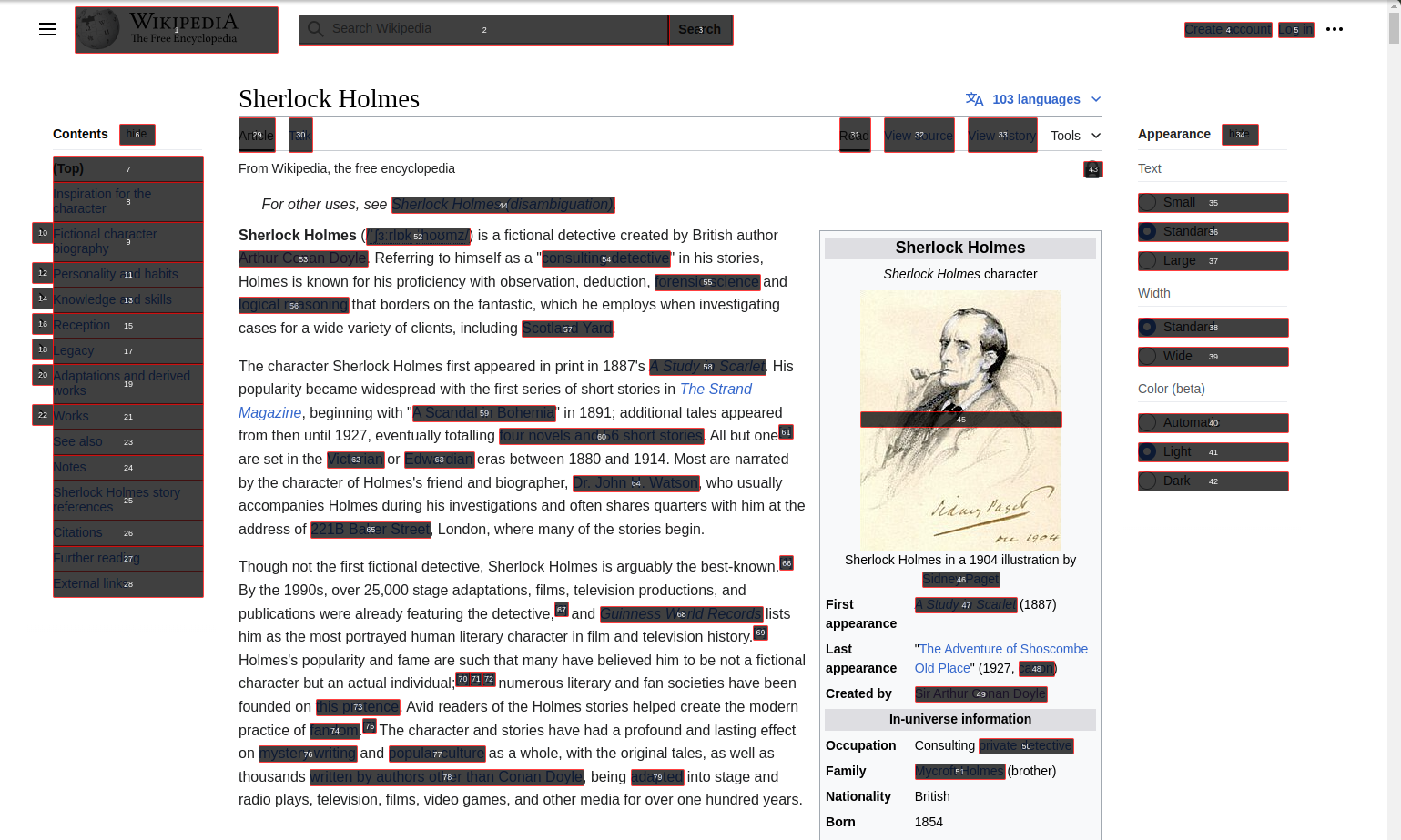https://github.com/ibra-kdbra/echo_assistant
Autonomous Agent Partner
https://github.com/ibra-kdbra/echo_assistant
agent-based-modeling autonomous browser-automation browser-extension llm-agent llm-evaluation priority-scheduling thinking-machines user-management
Last synced: 4 months ago
JSON representation
Autonomous Agent Partner
- Host: GitHub
- URL: https://github.com/ibra-kdbra/echo_assistant
- Owner: ibra-kdbra
- License: apache-2.0
- Created: 2024-07-06T22:59:20.000Z (about 1 year ago)
- Default Branch: main
- Last Pushed: 2025-06-09T21:31:04.000Z (4 months ago)
- Last Synced: 2025-06-14T05:04:40.912Z (4 months ago)
- Topics: agent-based-modeling, autonomous, browser-automation, browser-extension, llm-agent, llm-evaluation, priority-scheduling, thinking-machines, user-management
- Language: TypeScript
- Homepage:
- Size: 8.57 MB
- Stars: 1
- Watchers: 1
- Forks: 0
- Open Issues: 20
-
Metadata Files:
- Readme: README.md
- License: LICENSE
- Codeowners: .github/CODEOWNERS
Awesome Lists containing this project
README

# Echo Assistant: AI Browser Automation
Echo is an intelligent AI partner that understands the user’s intent, navigates websites autonomously, and executes tasks on the user’s behalf while explaining each action step.
## Show Case
### Sample Vision Screenshot

### Demo Video
https://github.com/user-attachments/assets/8fb26415-74b9-4619-80d1-2d47157a8af9
## Installing and Running
### Download and Install the extension in your browser
1. Go to the [releases page](https://github.com/ibra-kdbra/Echo_Assistant/releases), find the latest version of the extension and download "echo-assistant.zip".
2. Unzip the file.
3. Load your extension on Chrome by doing the following:
1. Navigate to `chrome://extensions/`
2. Toggle `Developer mode`
3. Click on `Load unpacked extension`
4. Select the unzipped folder
### Use the extension
*Please note that you may need to refresh the page for the extension to work.*
1. Find the Echo icon in the top right corner of your browser and click on it to open the sidepanel.
2. Create or access an existing [OpenAI API Key](https://platform.openai.com/account/api-keys) or [Anthropic API key](https://console.anthropic.com/settings/keys) and paste it in the provided box. This key will be stored in your browser, and will not be uploaded to a third party.
3. Finally, navigate to a webpage you want Echo and type in the task you want it to perform.
### Build the extension
If you want to build the extension from source, follow these instructions:
1. Ensure you have [Node.js](https://nodejs.org/). The development was done on Node v20 but it should work with some lower versions.
2. Clone this repository
3. Install `pnpm` globally: `npm install -g pnpm`
4. Run `pnpm install` or `npm install`
5. Run `pnpm dev` to start the development server, or `pnpm build` to build the extension.
When loading the extension, you will need to load the `dist` folder created by the build process.
### Enhanced Knowledge
See [Prior Knowledge](./media/CONTRIBUTING_KNOWLEDGE.md)
### Troubleshooting
See [Troubleshooting Guide](TROUBLESHOOTING.md)